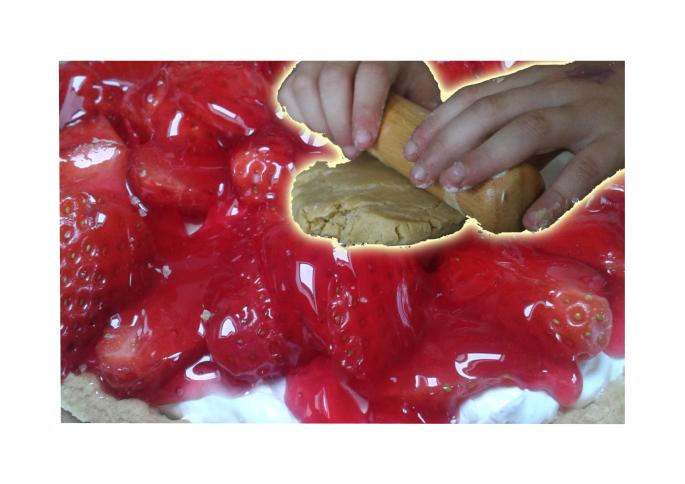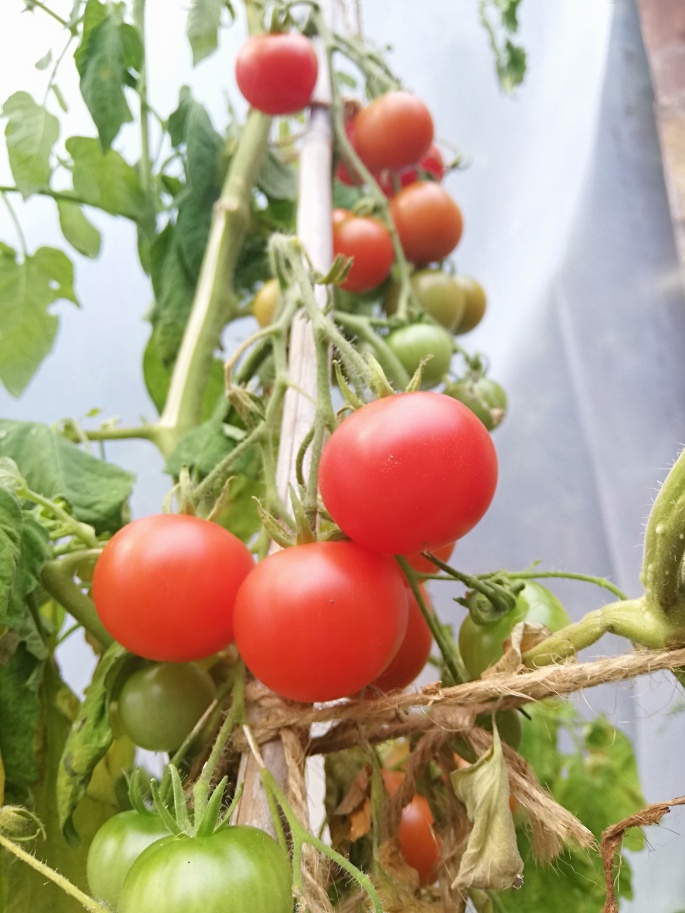
I love growing, cooking, and eating! But, I worry that our food culture has irreversibly become an industry of mass farmed, mass produced and mass prepared quick convenience, fast food. And at what cost? Are our children being kneaded into a generation who do not have the knowledge and skills to grow food, to cook, to be sustainable, to have fun with food? Childhood obesity is at an all time high and the damage caused by climate change will soon become irreversible with food production and food waste both having a measurable impact on its effects.
Considering that our health as a population is of such high concern, an article published by Times Educational Supplement suggests that overweight and obesity in children is best prevented via a food education including cookery classes and calls for food education to be an ‘obligation’ for Scottish primary schools. UNESCO has reacted similarly to issues of a climate change education, suggesting that a food education from primary school age is vital to address the issues climate change is creating. Plus it is important to consider that food education is fun and rich in learning. If a food education truly is the key ingredient in the recipe for reducing obesity and the impact of climate change what can we do?

Plant, grow, and cook with our children! Share knowledge, share ideas, share recipes, and have fun! I remember as a child pulling potatoes with my Dad and picking mint leaves to cook with them. I remember washing the crumbly soil from the potatoes and removing the odd caterpillar from our mint. For me, this was a normal childhood activity. Since the 1970’s, the task of preparing family meals has declined dramatically due to our generation of rush and hurry. Speed and convenience are the priority. Pre-prepared food. Ready meals. Fast food. Little time to relax and enjoy the process, little time to take pride in a meal well prepared, little time to savour the flavours. Are we losing the priceless memories of sharing, helping and togetherness? I question how long before we completely lose our special bonding time with older family members; those unfading memories of a generation of skills and knowledge being passed from a pair of wrinkled and worn out hands to a fresh and supple pair. How long will it be before no family experiences the taste bud twitching smells which waft from a busy kitchen and grab you by the nostril to pull you to investigate the scrumptious delicacies which are evolving?

In 2014, the Scottish Government published a competent approach to the delivery of a food education in the document ‘Better Eating, Better Learning. A New Context for School Food’. The document focuses on improving outcomes for Scottish primary pupils in the areas of health and wellbeing, environment and education. The hospitality workforce in Scotland is sizeable, with roughly 7% of our population, or 360,000 people working within in our food and drink industry. A large industry, and one in which the young workforce can be inspired, encouraged, and educated for the future via the compulsory delivery of food education. Our future gardeners, farmers, chefs, cooks and food entrepreneurs will benefit from a generous portion of food education during primary school, and beyond. Instilling a love of food, and of cooking, at an early age can build a solid foundation from which skills and talents can be honed as pupils progress in to high school, further education, and beyond.
By working together, at home and at school, to deliver an effective food education we will, hopefully, ensure a healthy future workforce for our Scottish food and drink industry, and help to improve our future health as a population and the future health of our planet.

BBC News, (2018). Child obesity: Are 22,000 children ‘severely obese’?
Dimbleby, H and Vincent, J, (2013). The School Food Plan.
Education Scotland, (2012). Food for thought.
Food for life partnership, (2008). Six steps to transform school food culture.
Frischman, C, (2018). The climate impact of the food in the back of your fridge.
Hepburn, H, (2019). Cookery lessons should be compulsory in schools.
Keep Scotland Beautiful (KSB). Eco-Schools.
The Scottish Government, (2014). Better Eating, Better Learning.
United Nations Educational, Scientific and Cultural Organization, (UNESCO), (2019). Climate Change Education.



